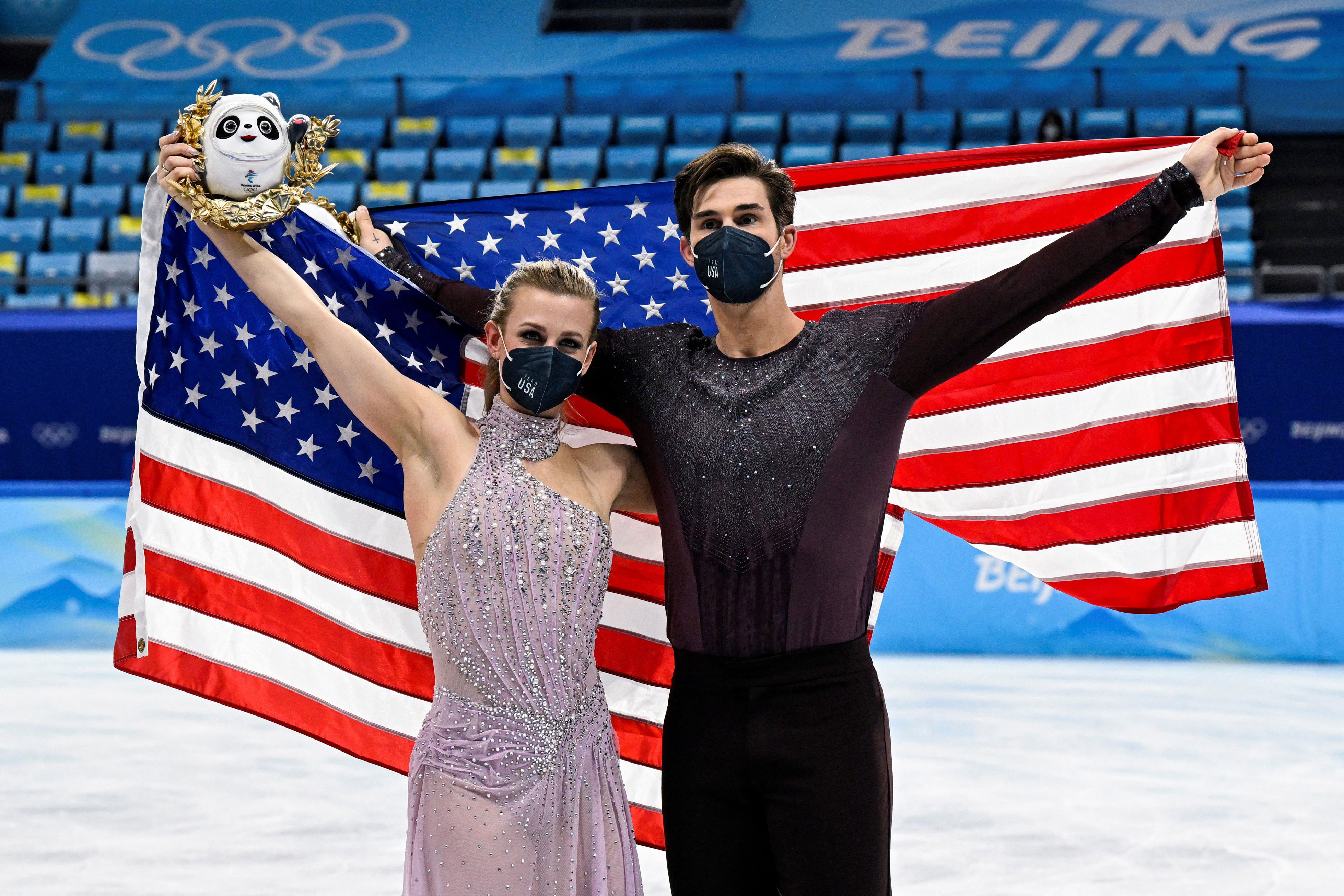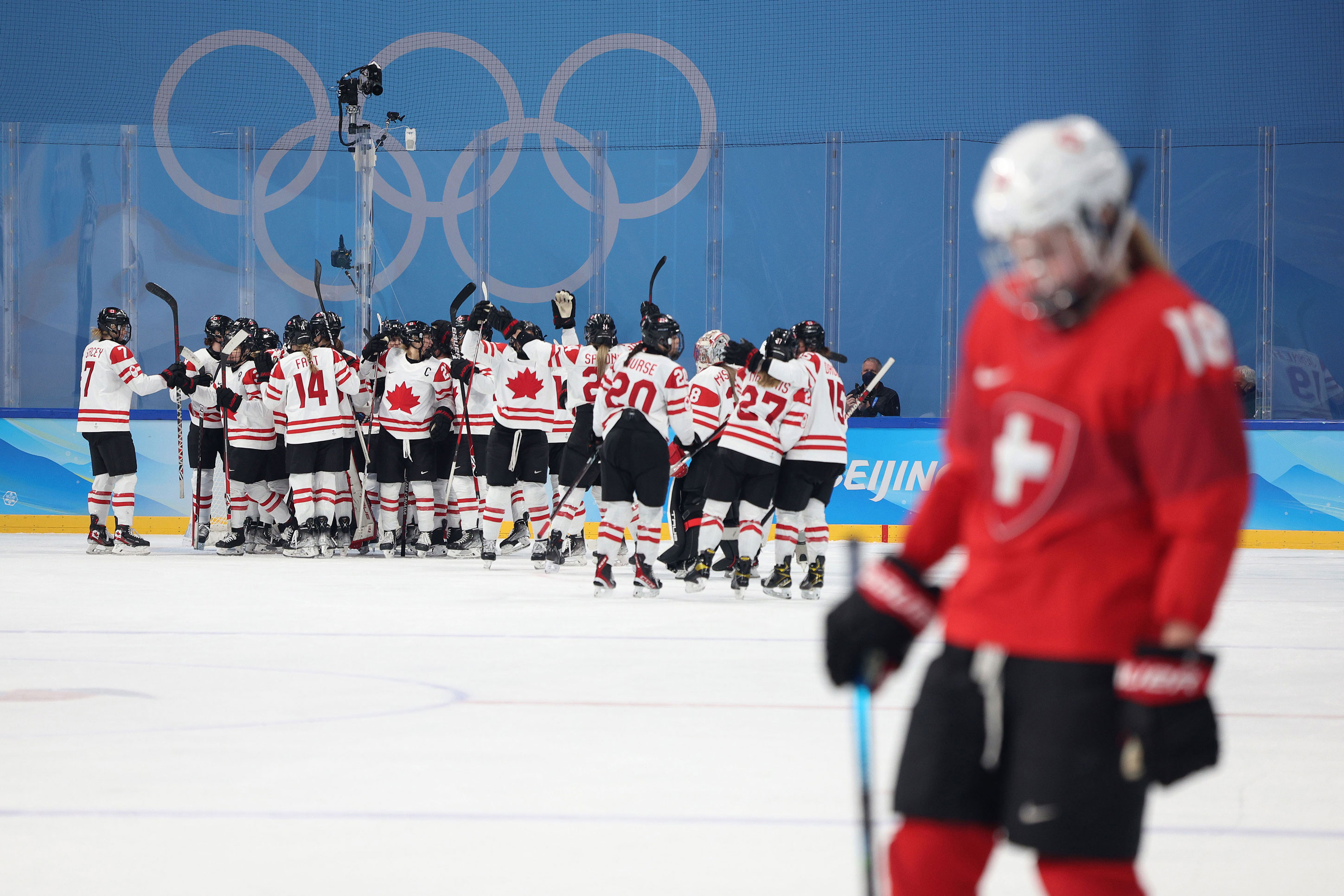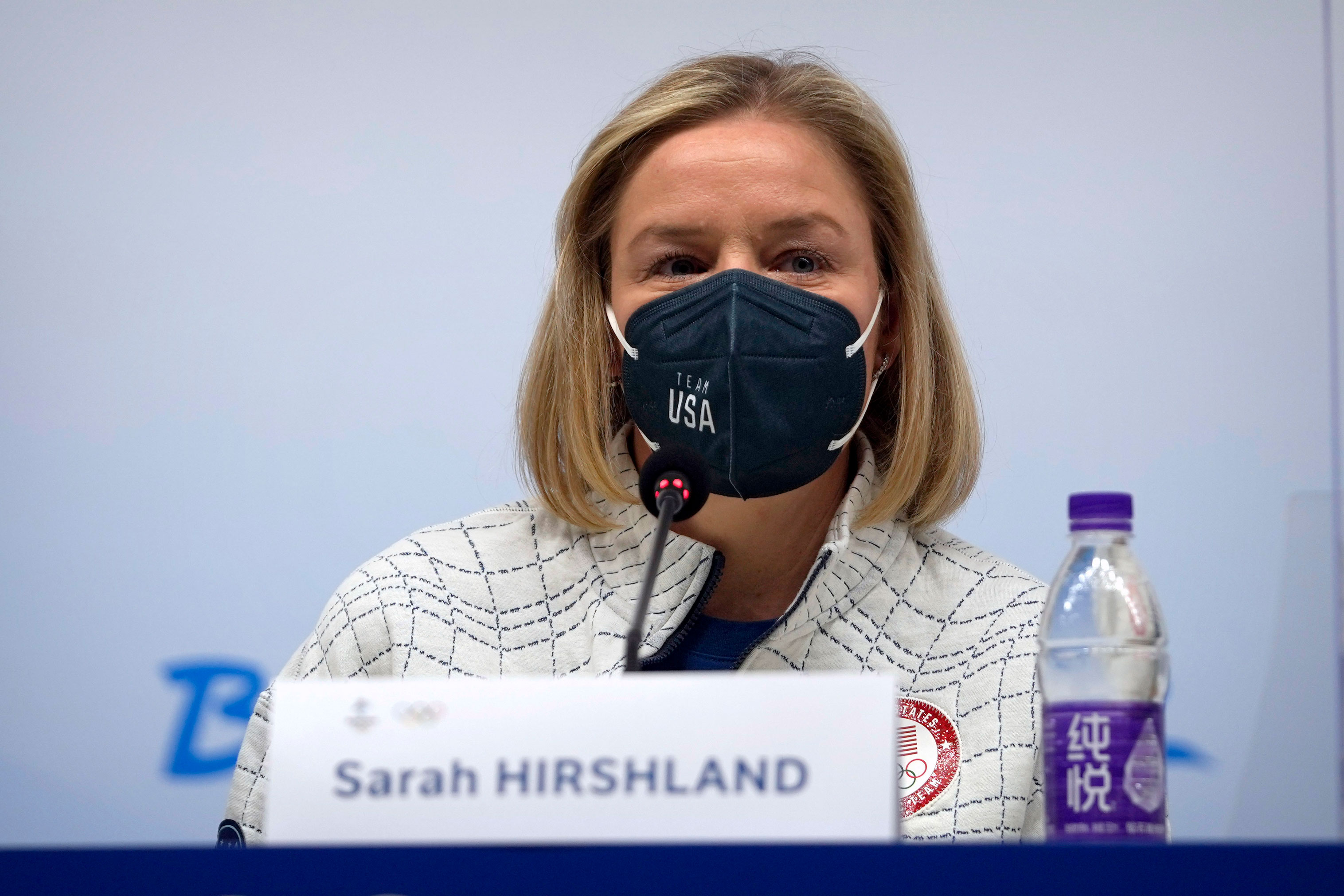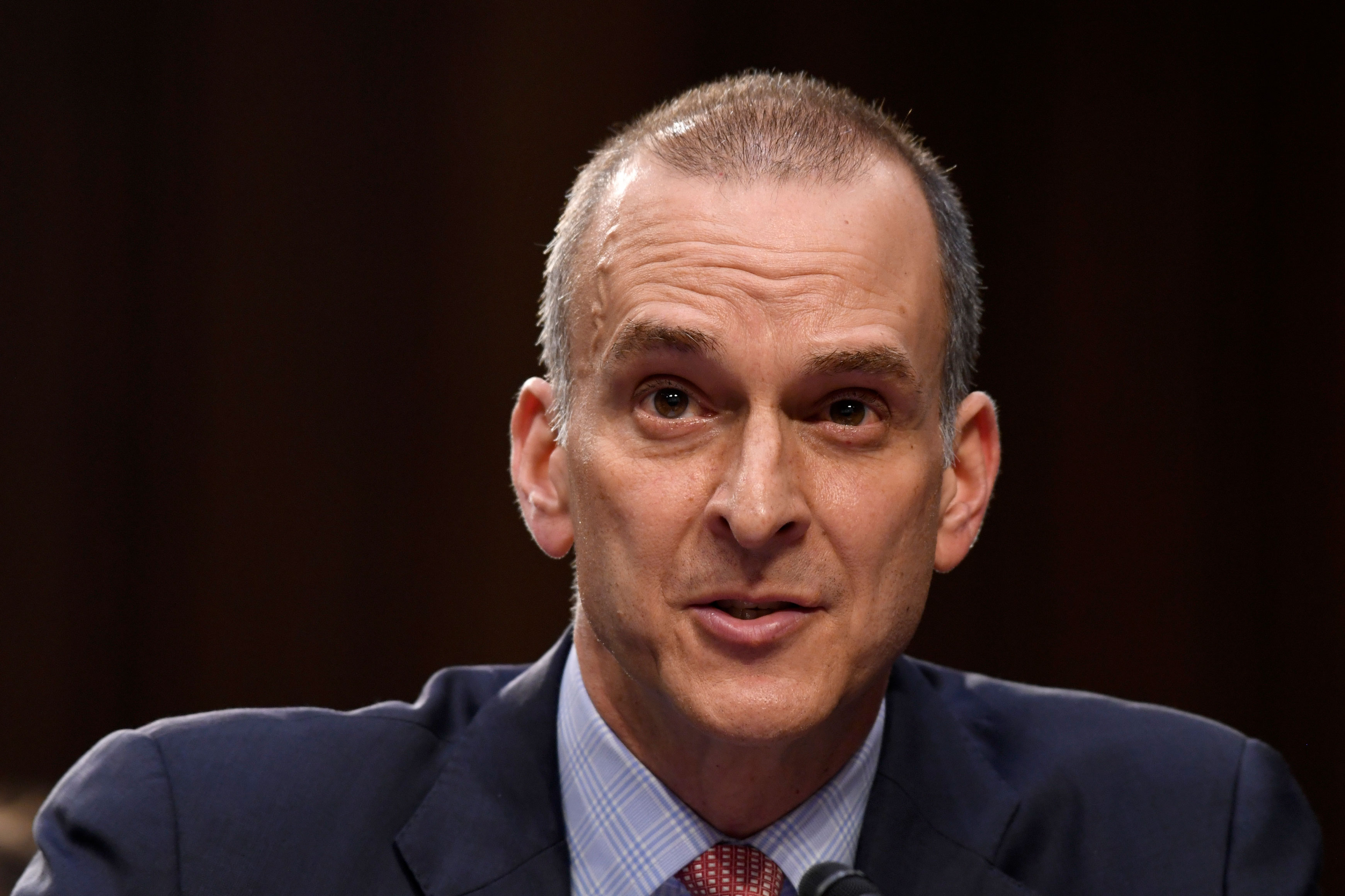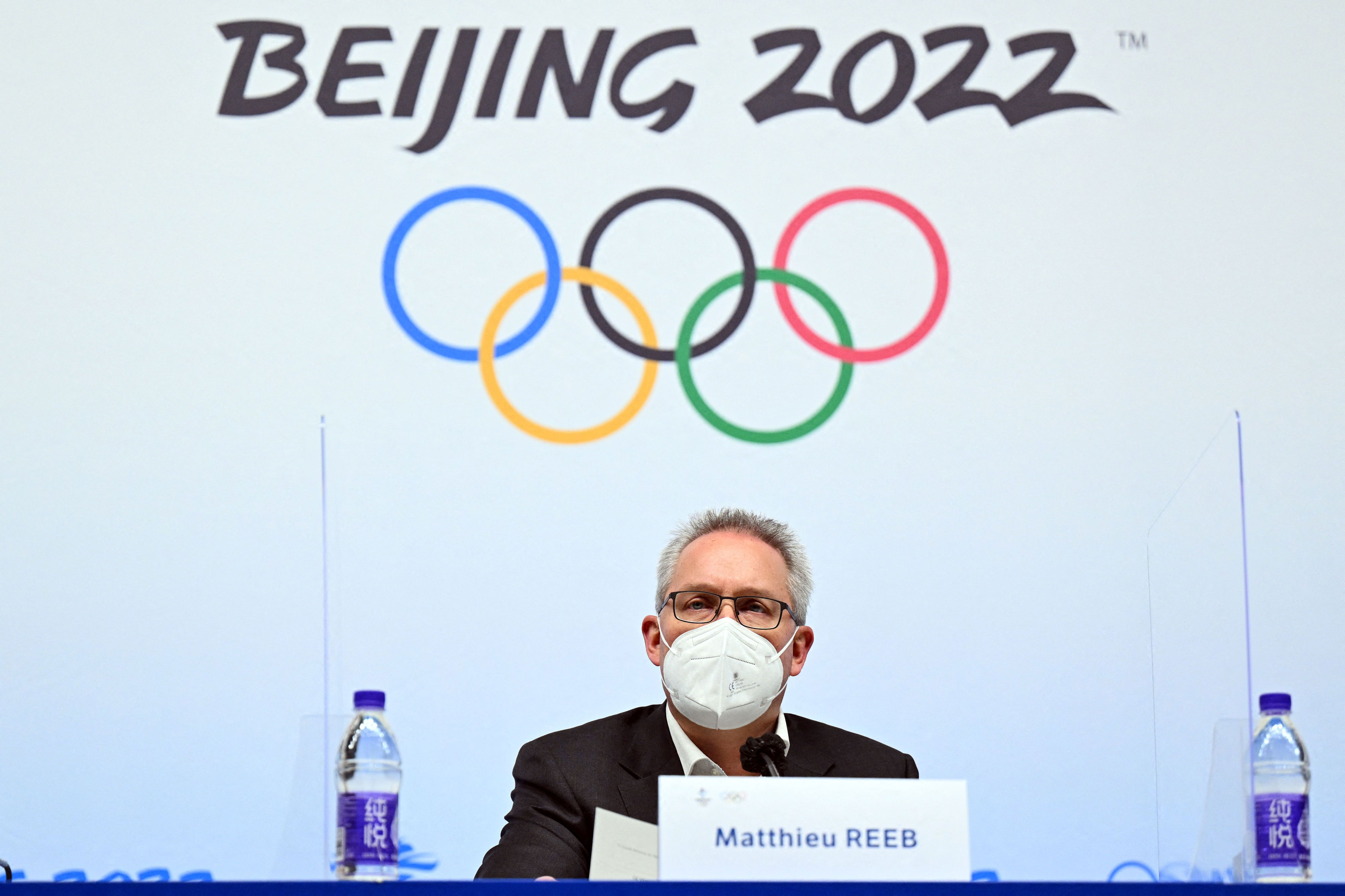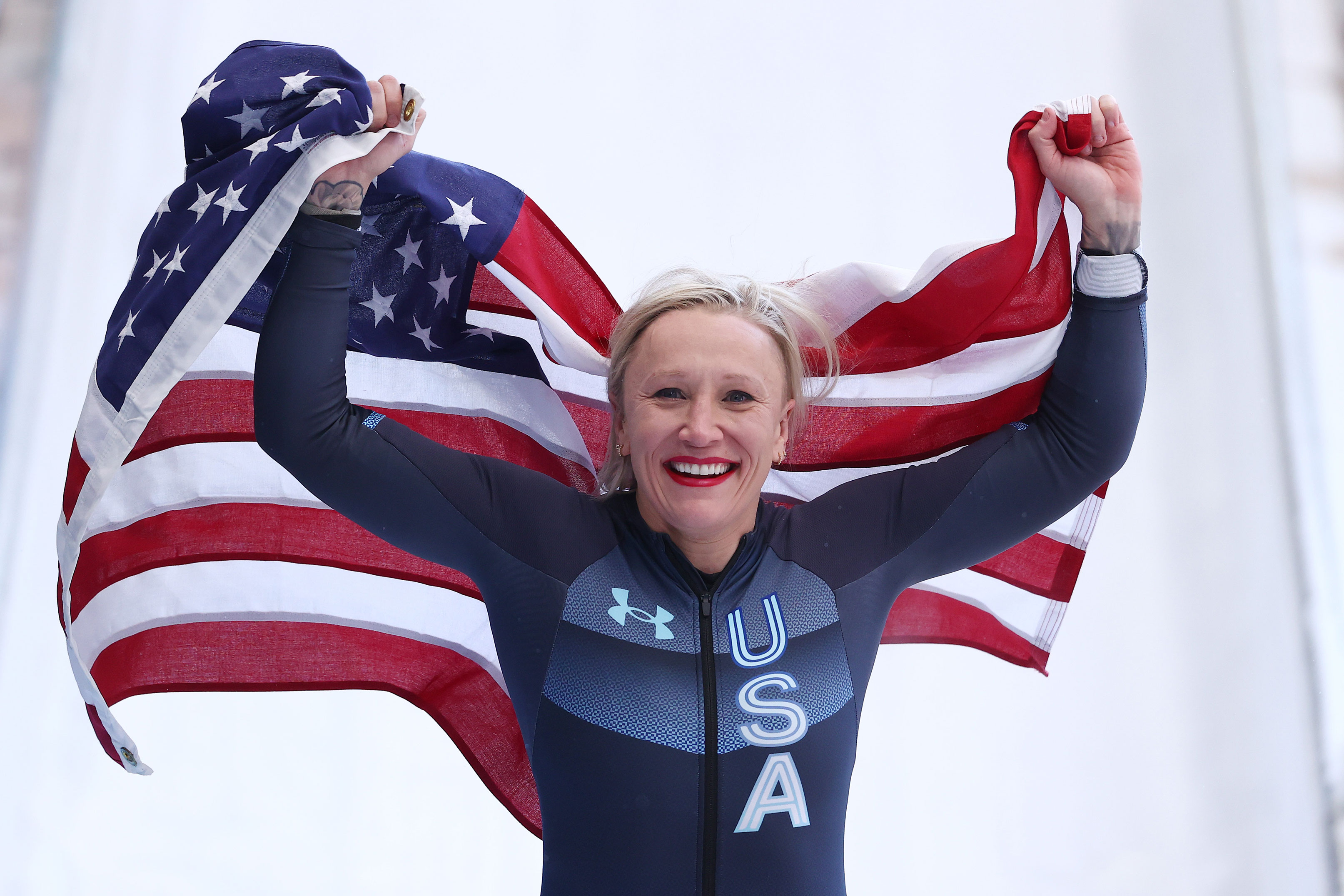
Team USA's Kaillie Humphries reflected on "the highs and lows" of her career after winning the first ever gold in the monobob event at the Winter Olympics on Monday.
It was her third career Olympic gold medal and fourth Olympic medal overall. Humphries’ previous three Olympic medals came as she competed in two-woman bobsled for Canada.
"It has been a journey to get here and it hasn’t always been guaranteed. It hasn’t always been easy. I have had a lot of fears and doubts. I have had highs and lows," Humphries said at the National Sliding Center.
“To know that I still got it is a pretty cool feeling and it’s so heart-warming to be able to bring back a gold medal for a country that has really stood behind me for the last four years.”
On the future of women’s bobsleigh, Humphries said she'd love to see equality across all three bobsled events. The monobob made its Olympic debut in Beijing after a long, hard-fought campaign to get the sport included.
It joins the pre-existing traditional bobsled events: four-man, two-man, and two-woman — and gives women two medal opportunities, bringing them even with men.
“What I would love to see, not only for women’s bobsled but bobsled in general, is that eventually women get four-man and that men can do monobob. Three events for all athletes, regardless of gender, would really push the needle and move the sport forward," she said.
“It would allow for more small nations within men’s bobsled, more participation for women if we can get women’s four-man going, and just greater opportunity for more athletes worldwide.”
